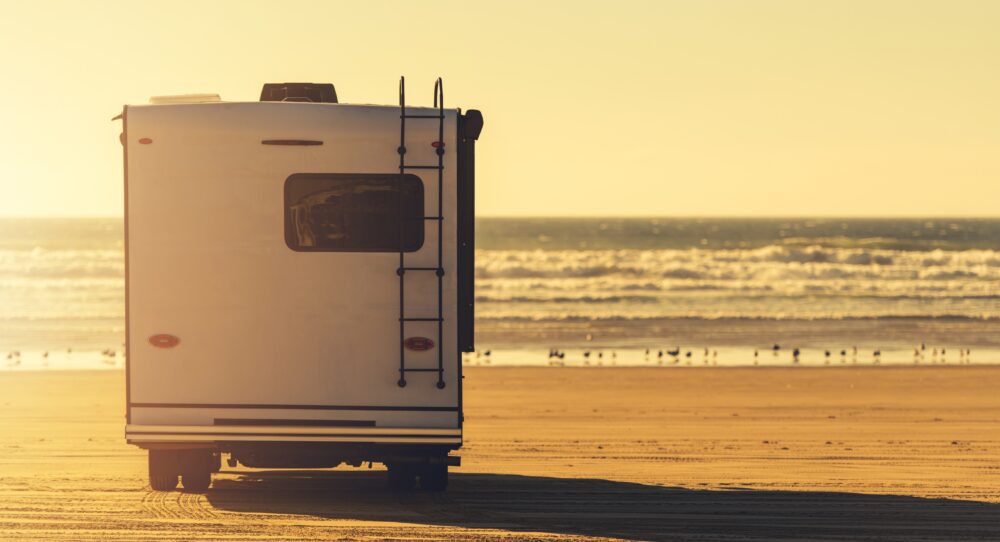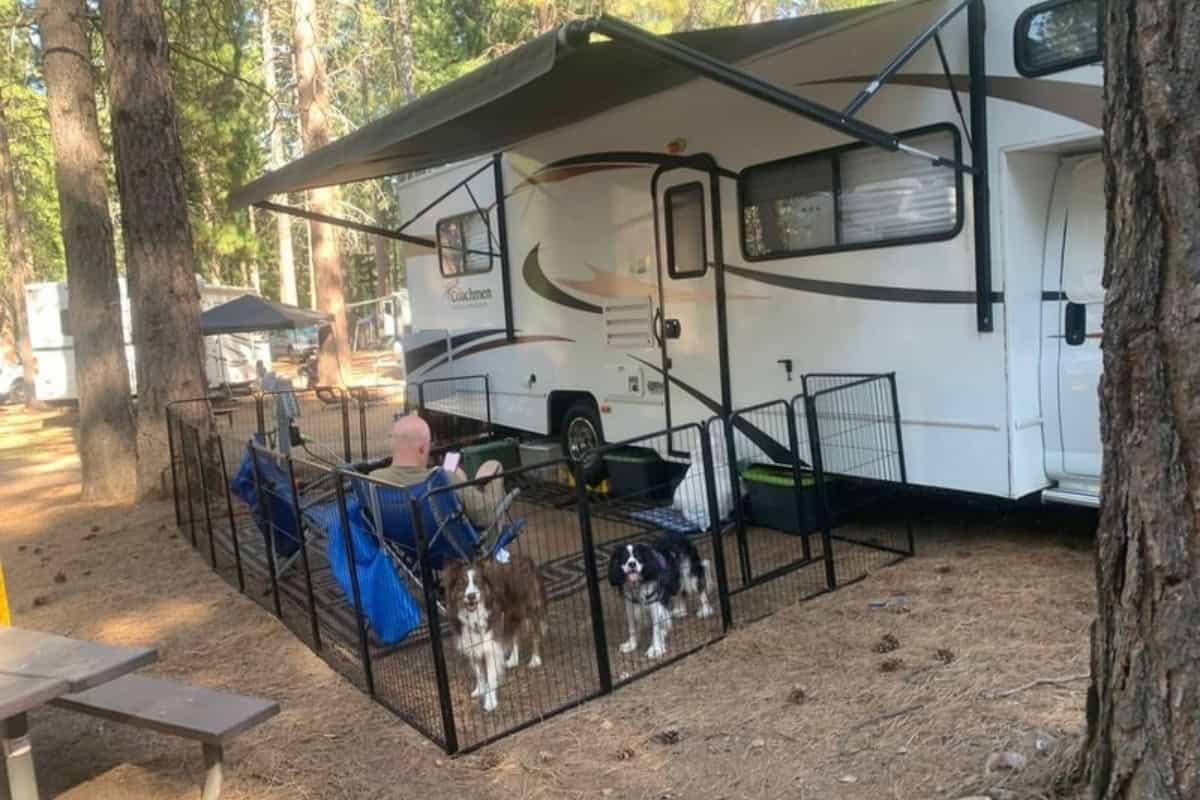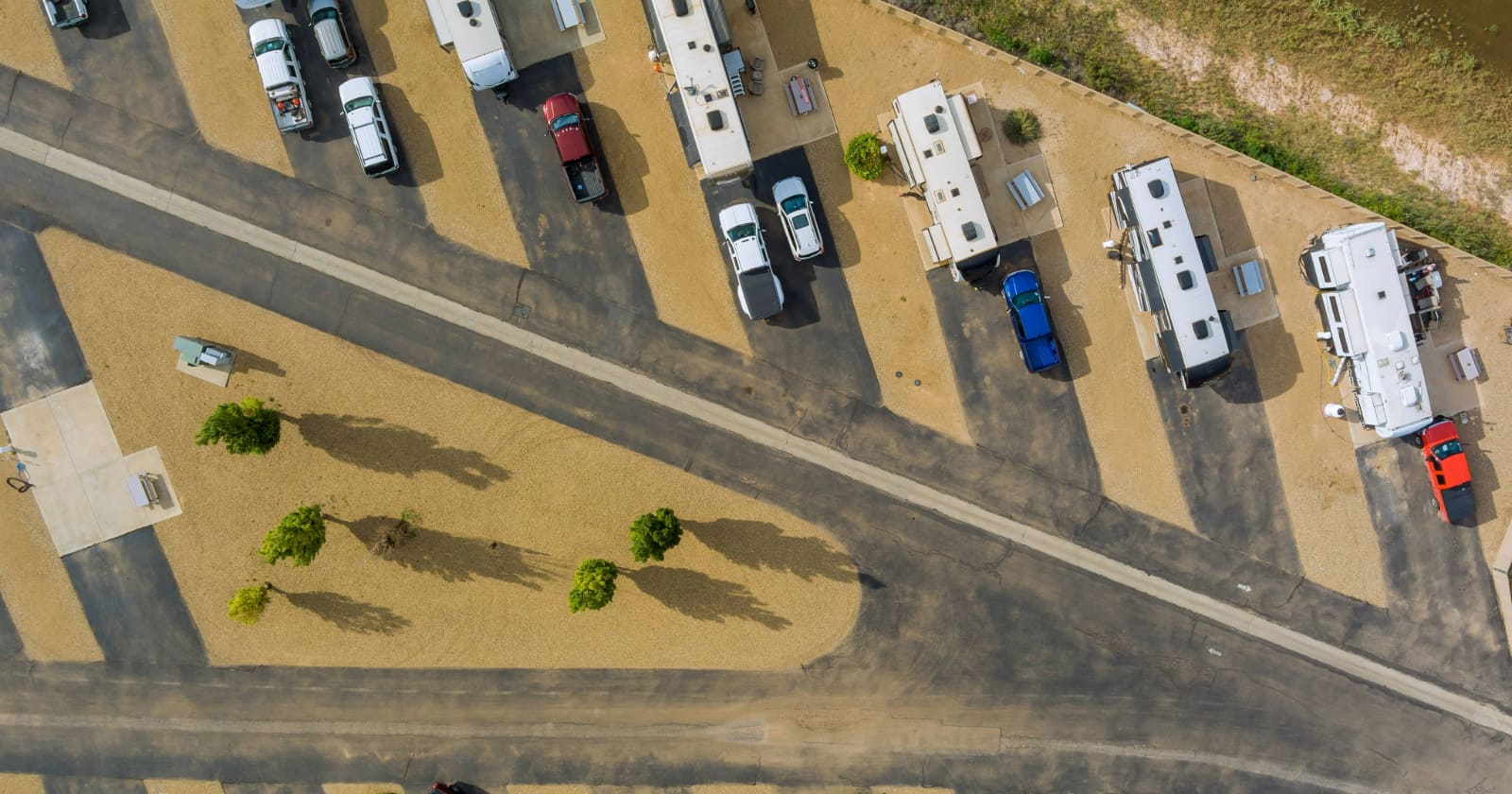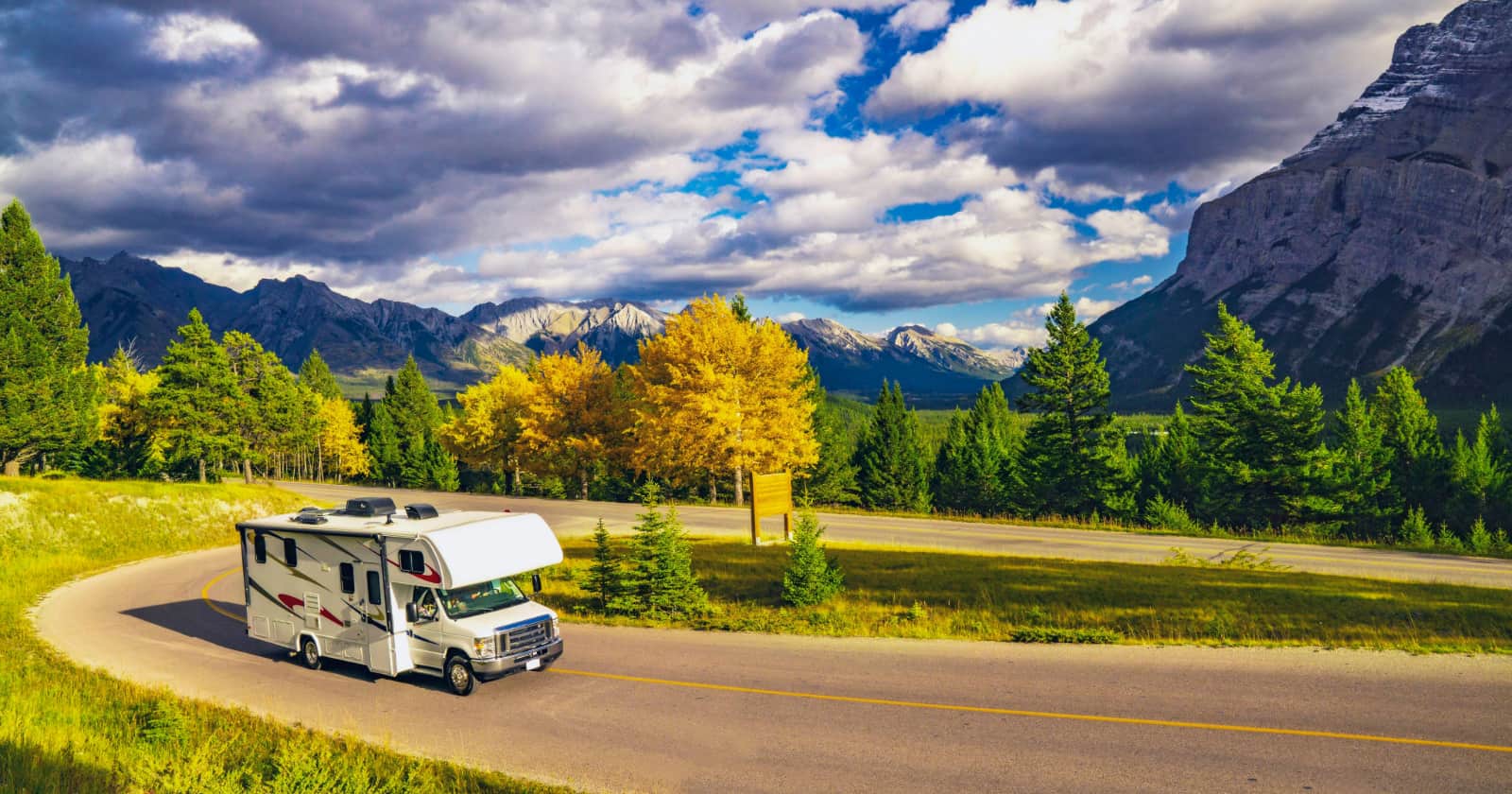
How To Conserve Power While Dry Camping
Boondocking is a great way to connect with nature and spend a lot of time in your RV. Unfortunately, being disconnected from a power source can have its drawbacks. When your RV is not hooked up, you end up relying solely on your battery for power. If you can’t conserve power, you’ll rapidly drain your battery and find yourself stranded.
Luckily, there are things you can do to cut back on your energy consumption and conserve power. Some are minor, while others will have a significant impact. They can all make a difference when you’re trying to extend your battery’s charge and get the most bang for your buck.
Below we have 10 ways to conserve power while you’re boondocking. Follow along with our tips and see if there is anything you want to change in your own RV setup.
Keep the lights off
One overlooked electrical drain in your RV is the lights. They may seem small, but lights can quickly drain your battery if you leave them on all the time. This is easy to overlook because we all need to turn the lights on from time to time.
In order to conserve power, make sure that you never leave a light on when you leave a room. If you really want to stretch out your battery’s charge, switch to flashlights during the night so you can leave them off for as long as possible.
Just try to make your default “lights out” instead of vice versa. This practice will also help the lightbulbs last longer so they won’t burn out as quickly.
Switch to LEDs
Speaking of lights, let’s talk about the bulbs you use. Traditional lightbulbs work great, but they use more energy compared to LED bulbs. These lights are quite bright, and they use less power. A lot of modern RVs come with LEDs pre-installed, so check the lights that you already have to see if a switch would be helpful.
If your RV doesn’t already have LED lights, consider switching to these low-energy, low-heat alternatives.
Turn off your water pump/heater at night
Your water system in an RV is also powered by the battery. If it runs out, you’ll lose water pressure and won’t be able to wash dishes, shower, or access your drinking water.
In order to conserve power, you may want to turn off your water pump and water heater each night. These both passively drain your battery if they’re left on. You won’t need much water during the night, so this is a change that won’t greatly impact your quality of life.
Just make it a habit to turn off the water each night and reactivate it in the morning. It’s low-effort and can greatly increase your electrical efficiency.
Improve your RV’s insulation
All RVs come with come insulation, but it’s not always the best. They are sometimes hot in the summer and cold in the winter. One of the quickest ways to drain your battery is by constantly running your heater and air conditioner. In order to conserve energy, do everything you can to improve your RV’s insulation and cut back on your heating/cooling systems.
Start by checking the caulking and weather strips around your doors and windows. If this is wearing down, you’ll experience drafts. Make sure you check each spot carefully and seal up any cracks. In addition, you may want to buy or make covers for your windows to prevent heat loss. For a low-effort solution, you can even hang towels or blankets over the windows to provide an extra insulating layer.
When your heating and A/C are not being used, you’ll need to rely on alternative methods to heat up or cool down. Invest in good seasonal bedding and buy battery-powered fans and heaters. You might even want to open up your RV windows during the summer to enjoy a cooling breeze. If you can avoid using your heating system, your battery will last much longer.
Use propane stoves and lanterns Outside
If you want to conserve electricity, you can turn to alternative sources like propane. Many RVs are equipped to use propane for heating and cooking, but you can also use separate appliances outside the RV that won’t drain your vehicle reserves.
Camp stoves are compact and powerful. They’re excellent for cooking while you’re boondocking or camping. Propane lanterns also provide bright light. So, why not take your meals outdoors? Utilizing camp stoves and propane lanterns outside at the campsite not only conserves electricity inside, but it allows you to enjoy the fresh air and stunning views (weather permitting, of course) of the area. And isn’t that why many of us began RVing in the first place?
Reduce the number of personal electric devices
In the modern world, many of us have personal devices that require electricity. It’s not uncommon for one person to own a smartphone, tablet, laptop, e-reader, etc. These are all great on their own, but they can use a lot of energy when they need to be charged.
If you’re planning on going boondocking, try to reduce the number of electric devices you bring. One or two should suffice. Even if it’s convenient to bring everything, you’ll use up your power more quickly and might not be able to keep everything charged anyway. A single phone or laptop per person will help you be more energy efficient.
Unplug appliances when not in use
Appliances use the most power when they’re active, but they can also passively drain your battery if you leave them plugged in. Try to keep as many outlets open as possible, and only plug things in when you need to use them.
Obviously, some things (like the refrigerator) will need to be on pretty much all the time, but most appliances can be unhooked. This includes chargers, string lights, and even your microwave!
Rely on manual or battery-operated devices
Speaking of electrical appliances, bring as few of these as possible. There are plenty of alternatives nowadays, and some of them don’t require a power source at all! For instance, you might use a manual coffee grinder rather than an electrical one.
If you do want to bring electric appliances, look for ones that don’t need to be connected to your vehicle’s power source. If they have independent batteries, you can use them to your heart’s content (or until the charge runs down). Look for devices with long-lasting batteries so you won’t need to charge them or switch them out frequently.
Add solar panels to your setup
Finally, you can use solar panels to bulk up your boondocking setup. This isn’t necessarily a way to conserve power, but it does take some of the pressure off of your battery. With an effective RV solar power setup, you’ll be able to recharge your battery even when you’re away from hookups and other power sources.
If you love boondocking, solar panels are definitely a worthwhile investment. They enable you to stay out for longer and enjoy the comforts of home. There are lots of options now, and they are all hardy, efficient, and pretty easy to install.
It’s also a good idea to bring an extra battery and a generator, just in case something goes wrong with your RV battery. It never hurts to have a backup plan!
Get tips from other RVers
One of the best parts about RVing is engaging with the community of traveling enthusiasts. iRV2 forums allow folks to chat with other RVers online, and get other perspectives on everything RVing, including products, destinations, RV mods, and more.
Related articles:



